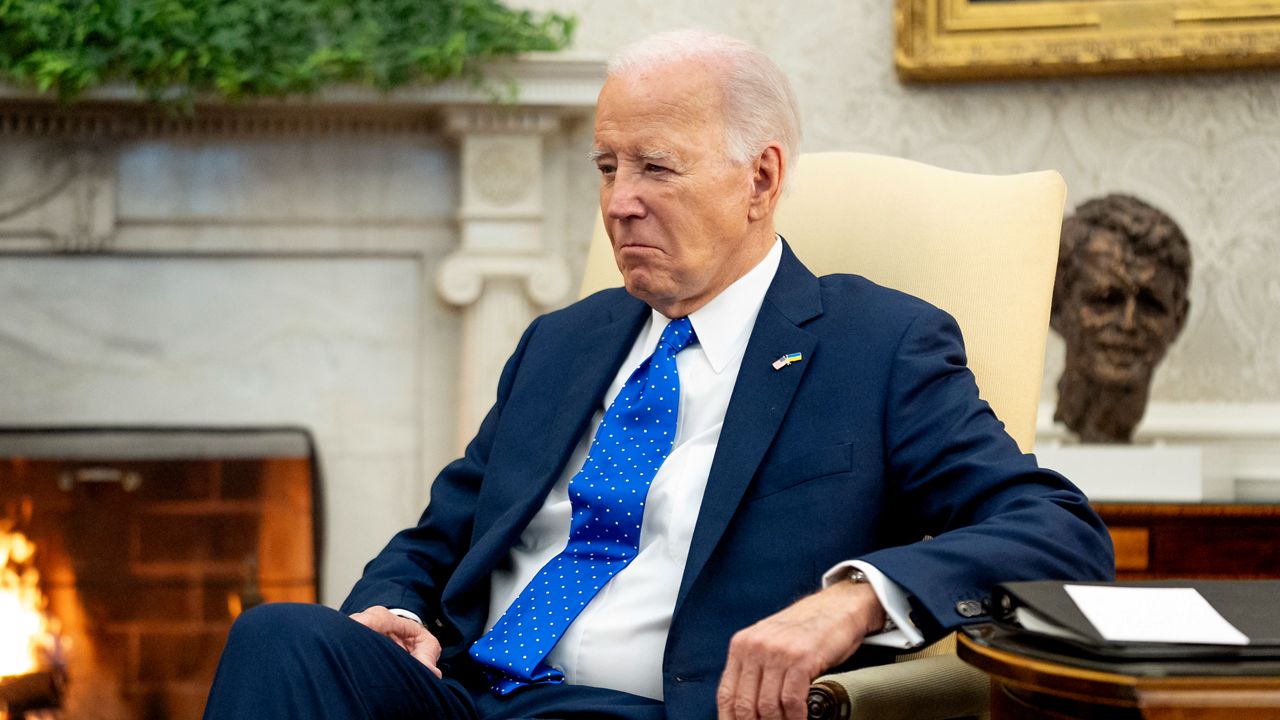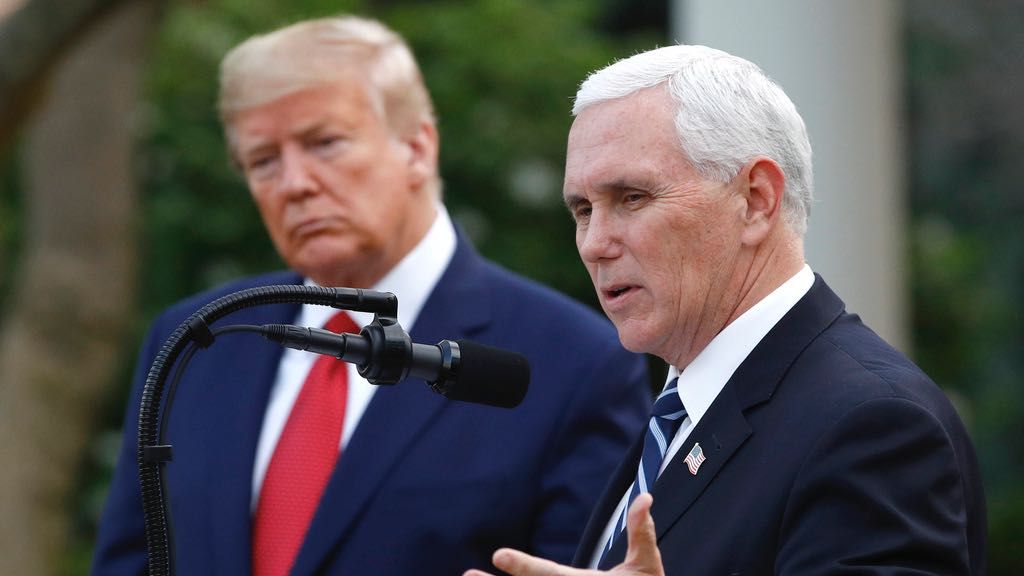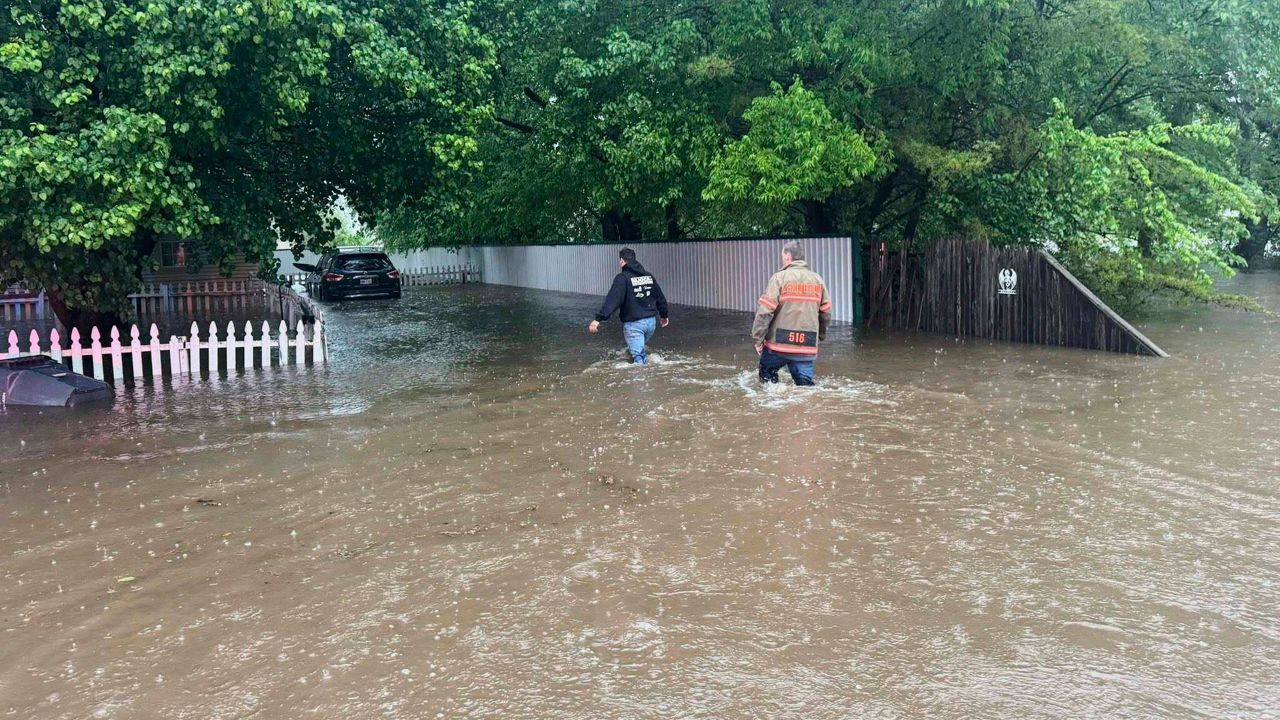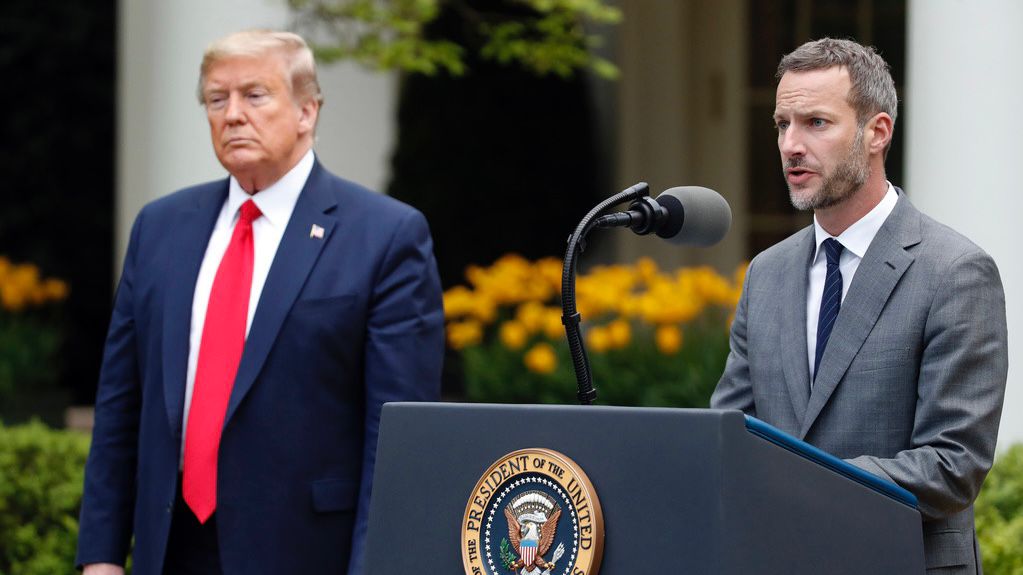In a letter to the Justice Department sent Monday, House Republicans gave Attorney General Merrick Garland a one week deadline on Monday to produce transcripts of Special Counsel Robert Hur’s interviews with President Joe Biden.
“Please produce this information as soon as possible, but no later than 2:00 p.m. on February 19, 2024,” the Republican chairmen of the House Judiciary, Oversight and Ways and Means committees wrote. “Given the seriousness of these matters the Committees are prepared to compel the production of this material if necessary.”
They are seeking documents and recordings from the Department of Justice as part of their own impeachment probe into the business dealings of Biden’s family, as well as their own questions about Biden’s handling of classified documents.
Hur cleared Biden of wrongdoing in connection to his handling of classified documents after leaving the vice presidency in 2017, but raised questions about Biden’s memory and mental acuity in his report released last week.
Biden, the First Lady and their allies have vehemently pushed back on Hur’s assertions -- particularly the suggestion that the president did not remember what year his son died. But Republicans have seized upon Hur’s report as they seek to portray the 81-year-old as incapable of doing the job.
Reps. James Comer, R-Ky., the head of the Oversight panel, Jim Jordan, R-Ohio, the chair of the Judiciary committee and Jason Smith, R-Mo., who leads the Ways and Means committee, asked for all documents regarding and recordings of Biden’s interview and an interview with the ghostwriter for Biden’s memoir. They also asked for any communications between DOJ, the White House and Biden’s personal lawyer regarding the probe and certain documents connected to a December 2015 call the then-vice president had with Ukraine’s then-prime minister.
Comer is leading an impeachment inquiry into Biden, which has largely stalled. He and his fellow Republicans are looking into the president’s family members’ business dealings, with a particular focus on his son Hunter Biden and brother James Biden. Their yearslong investigation, formalized into an impeachment inquiry in December, has so far failed to produce any evidence of wrongdoing by the president.
Hur, a former U.S. attorney during the Trump administration, was appointed to be special counsel by Garland last year with a mandate to operate independently of Department of Justice and White House leadership. He concluded the evidence did not meet the standard for criminal charges, including a high probability that the Justice Department would not be able to prove Biden’s intent beyond a reasonable doubt, citing among other things an advanced age that they said made him forgetful and the possibility of “innocent explanations” for the records that they could not refute.
But Hur, in his report, said there were “several material distinctions” between the Trump and Biden cases, noting that Trump refused to return classified documents to the government and allegedly obstructed the investigation, while Biden willfully handed them over.
Hur began the probe in January 2023 following an initial discovery by Biden staff of classified records in Washington office space. Subsequent property searches by the FBI, all coordinated voluntarily by Biden staff, that turned up additional sensitive documents from his time as vice president and senator.
Hur’s report said many of the documents recovered at the Penn Biden Center in Washington, in parts of Biden’s Delaware home and in his Senate papers at the University of Delaware were retained by “mistake.”
Biden could not have been prosecuted as a sitting president, but Hur’s report states that he would not recommend charges against Biden regardless.
“We would reach the same conclusion even if Department of Justice policy did not foreclose criminal charges against a sitting president,” the report said.
But investigators did find evidence of willful retention and disclosure of a subset of records found in Biden’s Wilmington, Delaware house, including in a garage, office and basement den. Some of the classified information, related to Afghanistan, was shared with a ghostwriter with whom he published memoirs in 2007 and 2017.








